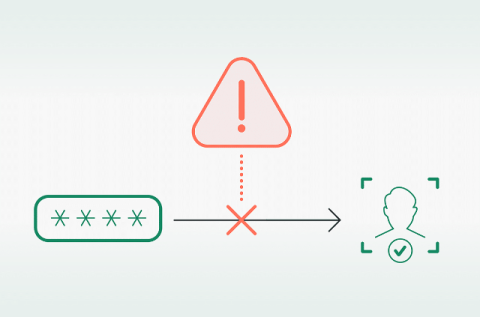Cyber Retail Fraud: A New Twist on an Old Game
People have always been susceptible to a deal that is too good to be true. In the 1800s, American con man George C. Parker was best known for his repeated successes in "selling the Brooklyn Bridge” to the unwary. Then, in the 1900s it became popular to sell "valuable" Florida real estate that turned out to be swampland.

















